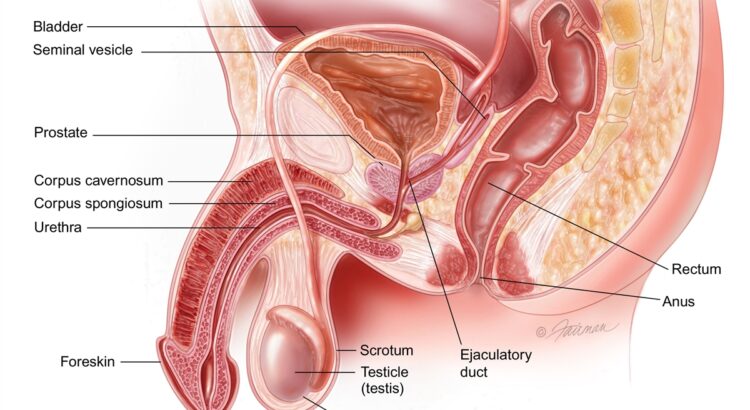A Vasectomy Brooklyn, New York, is a surgical procedure to cut, tie, or clamp and cauterize the tubes that carry sperm from the testicles. Although vasectomies are relatively safe, side effects can include bleeding, infection, scrotal pain, and discomfort. In addition to these risks associated with the surgery itself, there are other considerations when talking about procedures that affect fertility such as this one. Some of these associated risks include a significantly decreased ejaculate volume, which could cause problems such as over-sensitivity in intercourse and pain during sex due to lack of lubrication in men.
Let us now see into some of the common risks associated with vasectomy.
- Infection
One of the most common risks associated with vasectomy is the chance of infection. This is a rare complication but like any surgery, the potential for infection can occur. It’s important to keep wounds clean and follow your physician’s post-op instructions to reduce risk. You can improve your odds by maintaining good overall health, keeping the area clean, and following any specific instructions from your doctor. It’s also a good idea to keep your follow-up appointments, and if you have concerns, talk to your doctor about them.
- Hematoma
Another complication of vasectomy is hematoma. It occurs when there is an accumulation of blood in the scrotal sac and is usually associated with an epididymal hematoma. This means that it results from bleeding in the testicular area, and most often occurs as a result of testicular trauma or surgery. It usually heals on its own without additional treatment, but if you have pain, swelling, or fever seek medical attention immediately.
- Granuloma
Granuloma is a condition where your body forms a mass of tissue as a response to certain infections, foreign particles, or other stimuli. In some cases, this tissue can form cysts and may even turn into cancer. This is more common with procedures that are related to fertility because of the sperm itself. Sometimes granuloma is not detected for years, and there’s no need for treatment but if the symptoms get worse you may want to consider additional treatment.
- Postvasectomy pain syndrome
Since a vasectomy blocks the transport of sperm, it can also cause small amounts of inflammation, which can extend to the epididymis. This is called postvasectomy pain syndrome, and it simply means that you may experience some pain near the site of surgery.





